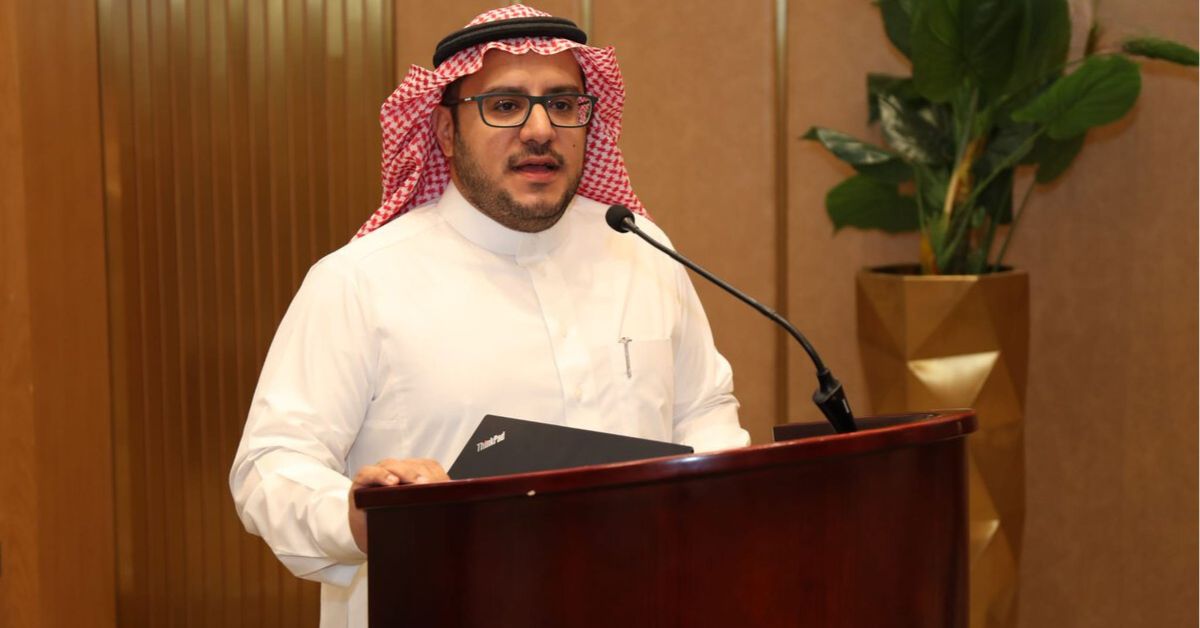Doha – Qatar remains committed to international standards for combating money laundering and terrorism financing, according to Suliman bin Rashid Al Jabrin, Executive Secretary of the Middle East and North Africa Financial Action Task Force (MENAFATF).
“Qatar sets an example in this arena for others regionally and internationally,” he said, referring to the Qatar’s Mutual Evaluation Report by the Financial Action Task Force (FATF) and MENAFATF.
Addressing a workshop on “Cash Couriers in the Fight Against Money Laundering and Terrorism Financing,” Al Jabrin shared that MENAFATF’s mission includes providing member nations with necessary training and awareness programs to combat money laundering, terrorism financing, and weapons proliferation.
He noted that the Secretariat offers specialized technical assistance and training, customized for each member state’s needs, in partnership with international bodies like the United Nations Office on Drugs and Crime.
Furthermore, Al Jabrin outlined FATF’s objective to prevent terrorists and criminals from funding their operations or laundering their crime proceeds through the physical, cross-border transport of currency and negotiable instruments.
Al Jabrin said that nations must take action to establish measures for detecting the physical cross-border movement of currency and negotiable instruments to combat smuggling. He stressed the need for imposing proper, deterring penalties on individuals who falsify declarations and disclosures.
In instances where currency or negotiable instruments are linked to money laundering or terrorism financing, he insisted on the necessity of laws that allow for the confiscation of these assets.
He underscored the training workshop’s role in enhancing the understanding of specialists and officials from member states regarding the significance of cross-border cash transport and its inherent risks.
The workshop’s goal was to equip authorities with specialized knowledge essential for regulating, investigating, and detecting the movement of currency across borders. This expertise is vital for the effectiveness of anti-money laundering and counter-terrorism financing systems.








